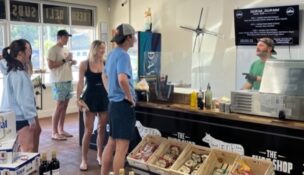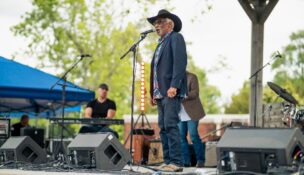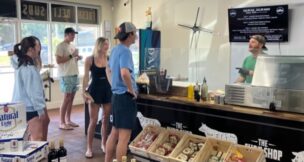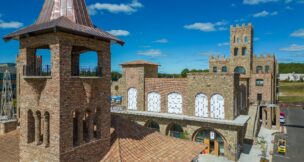Airbnb: Cabin fever pushes zoomers and boomers to Greenville
Molly Hulsey //October 15, 2020//
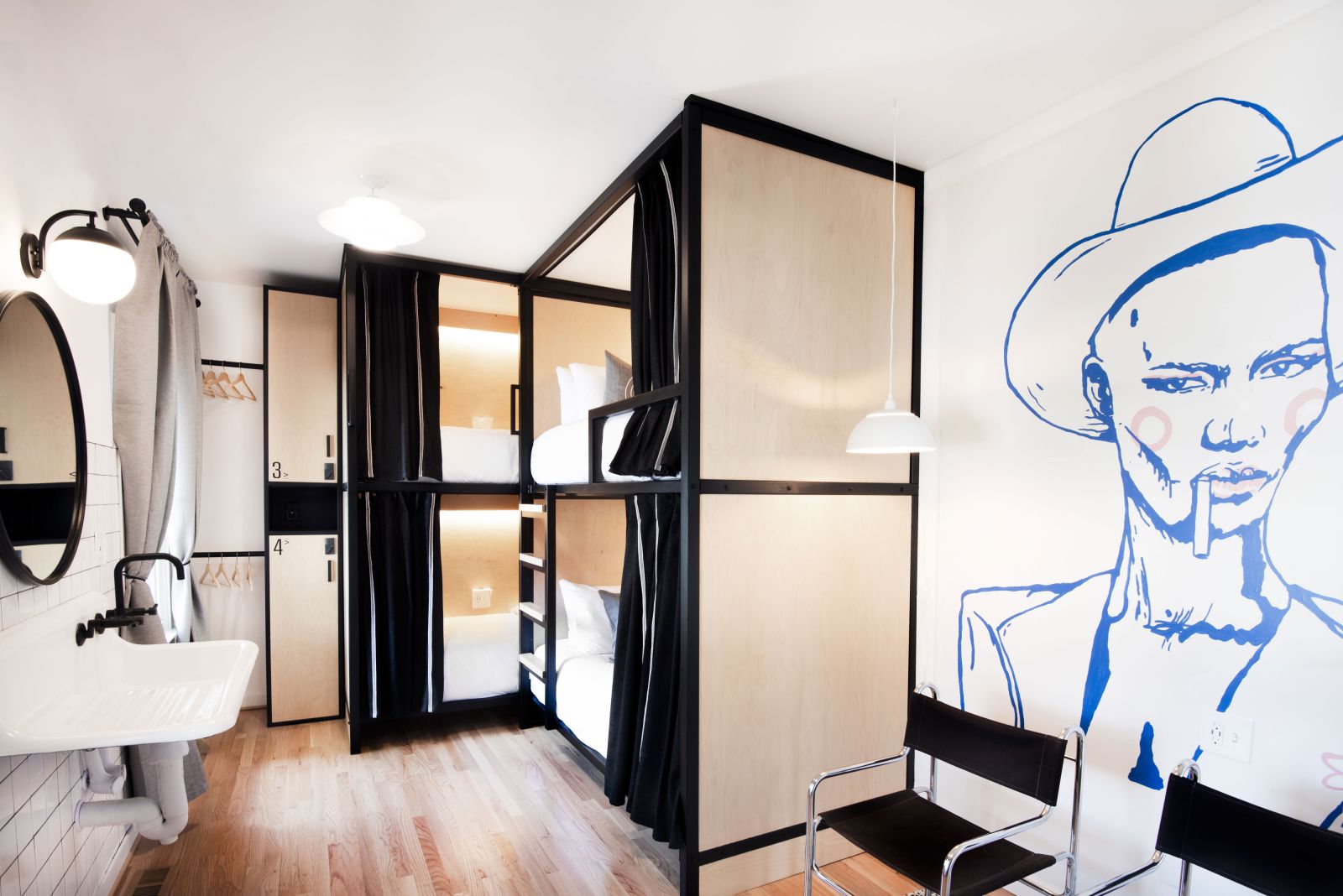 According to the U.S. Travel Association, at least 50% of all travel-supported jobs will disappear by December if federal aid doesn’t come into the equation.
According to the U.S. Travel Association, at least 50% of all travel-supported jobs will disappear by December if federal aid doesn’t come into the equation.
By no means has Greenville remained immune to the staggering losses fielded by the tourism industry nationwide, but as a bipartisan hospitality recovery bill awaits support in the U.S. Senate this week, the home of Falls Park and the Swamp Rabbit Trail may have the lead in attracting a unique niche of traveler — the Airbnb-nesting remote worker.
In a survey report released by Airbnb Thursday morning, Greenville was listed among the likes of Steamboat Springs, Colo., and Sante Fe, N.M., as the site’s top trending small-to-mid-size city destinations with access to outdoor activities and wide-open spaces. Visitors to these cities have tended to pencil in at least two weeks of travel time due to the ability to work remotely, according to the news release.
Other contenders included Park City, Utah; Truckee, Calif.; Durham, N.C.; Boise, Idaho; Richmond, Va.; Indianapolis, Ind.; and Fort Walton Beach, Fla.
At least 83% of the survey’s respondents favored relocating as a benefit of remote working, with one-fifth reporting that they had already relocated temporarily or permanently due to the pandemic. About 60% of parents said that they were likely to consider traveling with their children while working remotely if the in-person school year remains uncertain, with Generation Z and millennial workers being the most likely to favor a location transition.
 Anthony Wohlers, the owner of a 100-year-old cabin featured on Airbnb for $70 a night, said that reservations for the home “exploded” in the months after COVID-19 kept people locked away in their apartments and homes.
Anthony Wohlers, the owner of a 100-year-old cabin featured on Airbnb for $70 a night, said that reservations for the home “exploded” in the months after COVID-19 kept people locked away in their apartments and homes.
The cabin, built near the Wohlers' historic home and three-acre property, may appear to be a world away from the hustle and bustle of downtown Greenville, but in fact is only three miles from the city center and borders the Swamp Rabbit Trail — a major draw for visitors both before and after COVID-19 pushed visitors toward destinations with more trees than people.
Through June and July, bookings have been about 90% for the cabin, even during the week, which is on par with numbers from last’s visitors.
From here, with an Airbnb’s tendency to be more private than hotel stays, Wohler can only see the trend go up, perhaps at the expense of the wider hotel and motel industry.
“The hotel industry is fighting,” he said, adding that he can see the low overhead of operating an Airbnb being much more attractive to the current market even if some visitors are still willing to pay extra for the amenities that a hotel or motel offers.
Greenville hostel owner Joe Hindman has both dogs in the fight, and right now, he sees that Airbnb is winning out.
For his three Airbnb properties: “Right now our numbers are better than they were pre-COVID. The reason I think the occupancy is getting so high — like upward to 80% occupancy mark — is because individuals are looking for lodging in more boutique and private properties like Airbnbs, because they feel like it’s safer. It’s more secluded. There’s less interaction with the general public.”
In July, Hindman diversified his portfolio and opened Modal, Greenville’s only hostel, as a haven for creative travelers and artists, such as actors or musicians in town for weeks at a time.
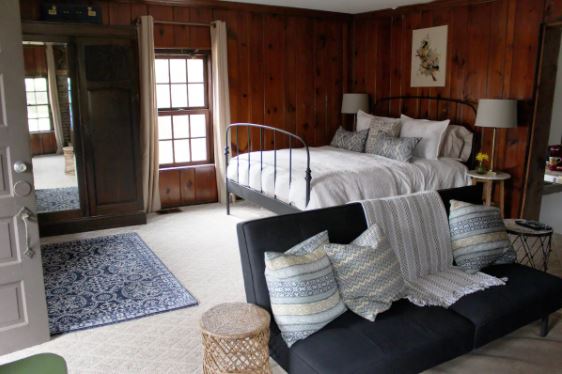 “Not opening was not an option for us,” he said. Still, occupancy rates for the three units have averaged at 15% to 25%.
“Not opening was not an option for us,” he said. Still, occupancy rates for the three units have averaged at 15% to 25%.
“It’s bleak,” he said.
But that only means that he’s had to shift his business model as well to adjust to the times.
Modal’s private rooms, now advertised on Airbnb, have been “selling relatively well,” according to Hindman even though most visitors discover the hostel via the direct site first. He plans to amp up his marketing via the site moving forward, however.
And with theatres and music venues shuttered or hosting much smaller audiences, Hindman has also seen a different clientele than originally expected.
A traveling nurse and an insurance salesman have taken up temporary residence at the hostel, as well as cycling groups or retired couples living out their dream of traveling cross-country. Local visitors from nearby cities have made the trek for the weekend. Other stop by to change-up their remote working space.
Still, Modal’s numbers still lag behind the popularity of his Airbnb properties for the time being and Hindman recently had meeting with the city of Greenville to discuss greater support for the hospitality industry through a new initiative called VisitGreenvilleSC.
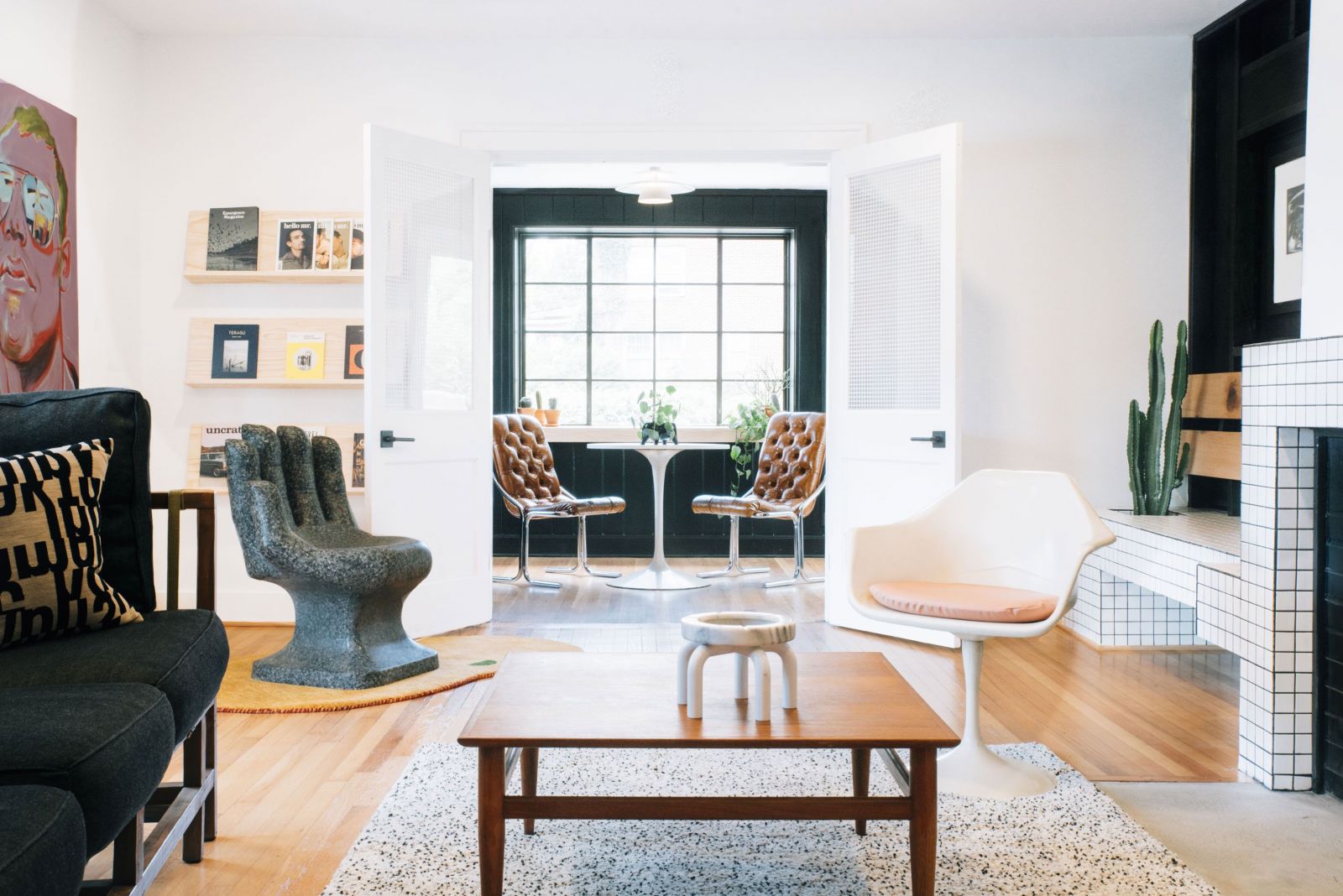 And perhaps part of that initiative will channel the exodus of zoomers and boomers to the area, especially with business travel being one of the largest components of the city’s tourism market.
And perhaps part of that initiative will channel the exodus of zoomers and boomers to the area, especially with business travel being one of the largest components of the city’s tourism market.
Hindeman doesn’t see Airbnb’s popularity going away any time soon, but perhaps with new business practices will also bring returned business to the Upstate’s traditional hospitality sector.
“Because Greenville has opened up faster than some of our sister cities like Charlotte and Atlanta, we’re getting guests from Atlanta, guests from Orlando, guests from all over who are telecommuting or doing whatever they can remotely, and they’re taking these mini-vacations,” Hindman said. “They’re taking advantage of the fact that they’re not tied to a city for work.”
i





